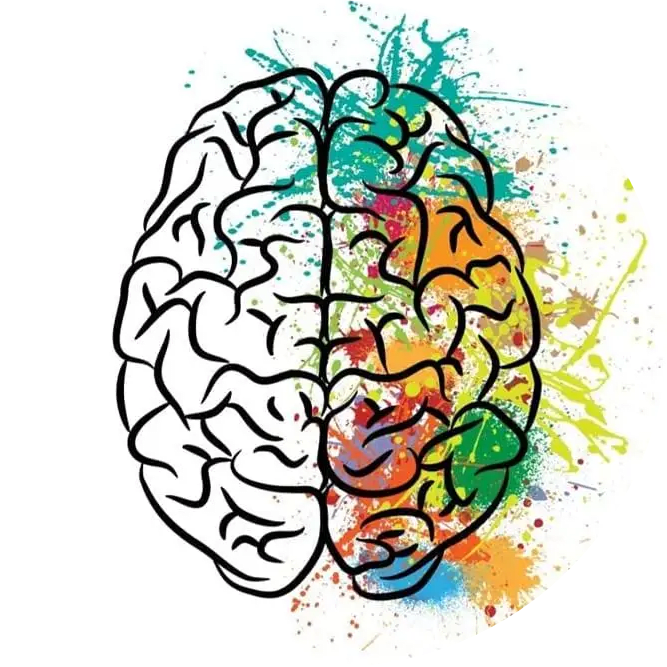Gratitude: An Unspoken Quality of Life

Gratitude has been a buzzword for quite some time and is especially prevalent around this time of year. Thanksgiving and Native American Heritage Day are right around the corner, and this means a time of serious reflection as individuals and as a society on the holiday. We are also thrown all types of products stating things like, “Grateful,” or “Blessed.” We buy these products and put them out to the world like badges of honor as we announce that we have a grateful heart. What is true gratitude, however? It is not a slogan, or a state of mind. It is more of a practice than a mindset, and one that can completely change your life for the better.
True gratitude is not found in an exchange of gifts. Gratitude is defined as the quality of being thankful, as well as readiness to display appreciation and return kindness to others. It is a positive emotion that can be expressed when thankful for a tangible or intangible thing. It also is an opportunity to pause and acknowledge the gestures of others given so graciously to us and for us. Gratitude is not only an emotion, but also can be categorized as a mood, and an affective trait. People who embody true gratitude will not only be cognizant of the gestures of others, but also freely express genuine appreciation, which can be a contagious and joyous demeanor. Further, gratitude leads to improvements to quality of life, health, and better reactions to adversity. It is a chance to truly relish all that is presented and return that spirit of thankfulness to others and the world around us.
The benefits of gratitude are endless. A grateful spirit leads to improved self-confidence and self-esteem, better energy and physical health, a more positive mental outlook, makes us more optimistic and satisfied, and increases our resilience. Gratitude practice also helps us be more generous and forgiving, helps focus us on the present moment, and lowers anxious and depressive thoughts and symptoms. What can’t gratitude do for us? It seems there is no ill benefit or risk of practicing gratitude. An alternative is to drive ourselves into a pit of bitterness that leads to all types of mental and physical health problems, as well as decreased satisfaction across a shorter lifespan. We will lose nothing and gain everything from being willing to return love and appreciation for others and to focus on their gestures rather than what we can show and give to others.
Ways to develop a practice of gratitude includes keeping a list or journal of at least three things every day you are grateful for, taking opportunities to express thanks and appreciation to others when acknowledging their actions, and taking a mindful walk-through nature noting what you are noticing and appreciating in the beauty of the world around you. This type of practice can improve depressive symptoms, lower anxiety, and improve our ability to live in the present moment. It can also help us improve our self-esteem and self-confidence by helping us reflect on situations we are grateful for and what role we played in the way they turned out. We become better friends, partners, workers, and human beings for practicing gratitude and acknowledging our own efforts. We also return the favor to others by acknowledging their time and effort in giving to the world around us.
Ways to express gratitude to others includes expressing deep appreciation, perhaps with a sense of humor and a little hyperbole. Writing a handwritten note is perhaps the most underrated method of expressing appreciation of our time. Both traditional and creative expressions of gratitude improve our own affect and give back to the world around us. Sending a letter, writing notes, or providing ongoing affirmations and words of kindness to others for their genuine efforts are also effective ways to cultivate thankfulness and quality of appreciation in ourselves and others. For more creative methods of delivery, try writing a poem for someone, making a drawing or piece of art unique for that person, or create a song list for them that expresses how you feel. Practicing gratitude should never be boring because it is not meant to be ingenuine. If you have trouble expressing gratitude to others, it is important to start with reflecting on yourself and cultivating a deeper awareness of and appreciation for life, as it is surrounding us and waiting for us eternally.
©2022
Get in Touch
Inquiry Form
Please complete the form below to contact me with any questions about my counseling services.
